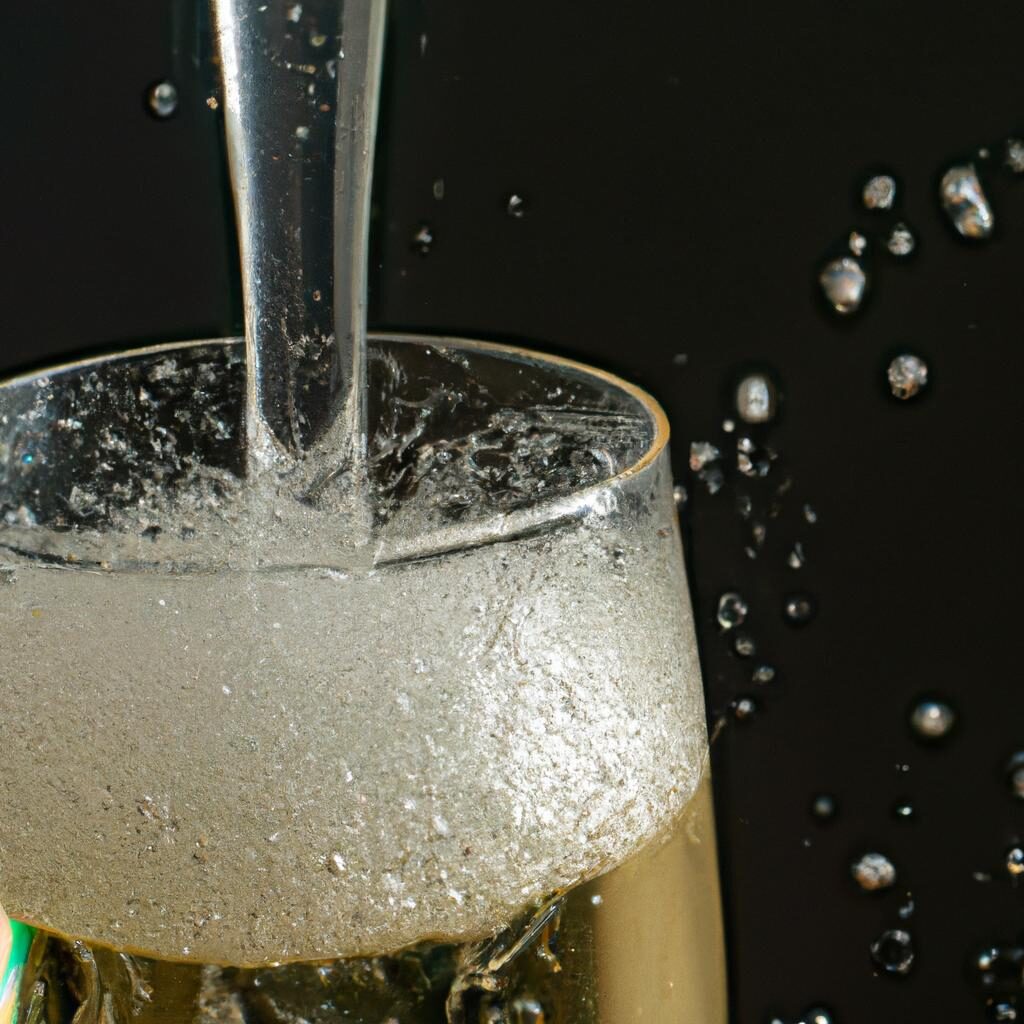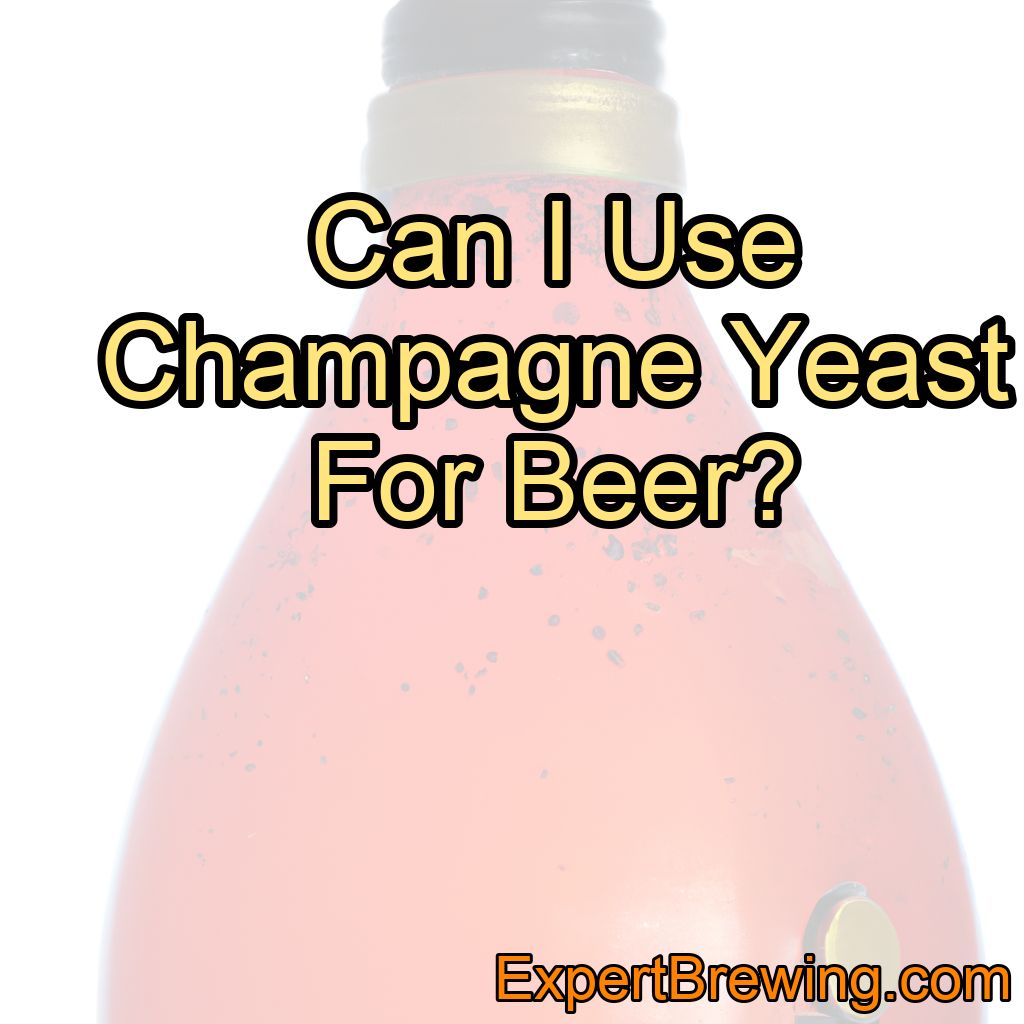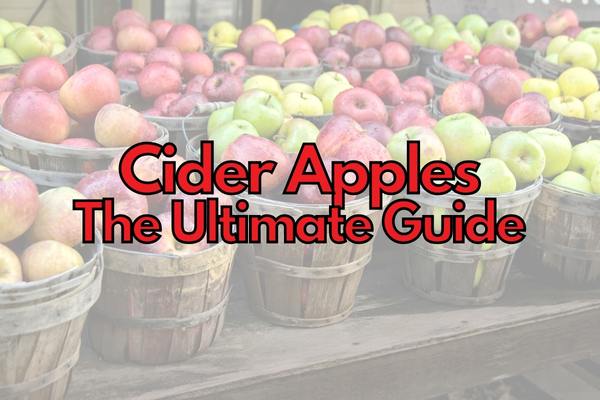Welcome fellow brewers to yet another exploration into the wonderful world of brewing. Today, we’re tackling an increasingly common question: Can I use champagne yeast for beer?
The short answer is, yes, you can use champagne yeast for beer. This might seem unusual to some, especially those new to homebrewing as the common practice is to use ale or lager yeast.
However, champagne yeast, known for its high alcohol tolerance and clean fermentation, can bring out some unique flavors and characteristics in your beer. Let’s dive deeper into this topic.
What is Champagne Yeast?
Before we get into the specifics of using champagne yeast for beer, it’s important to understand what champagne yeast is. Champagne yeast is a strain of yeast known as Saccharomyces bayanus, which is quite resistant to high alcohol levels.

This strain is typically used to produce champagne and other sparkling wines due to its ability to ferment sugars that other yeast strains cannot.
Why Consider Champagne Yeast for Beer?
The main reason brewers might consider using champagne yeast for beer is its ability to tolerate high levels of alcohol. This makes it particularly useful for brewing high gravity beers where traditional ale or lager yeasts may struggle to fully ferment the wort.
Champagne yeast also tends to ferment cleanly, meaning it doesn’t produce many off-flavors that can affect the final taste of the beer. This can result in a beer that tastes crisp and clean, allowing other ingredients to shine through.
Pros and Cons of Using Champagne Yeast In Beer
Using champagne yeast for beer brewing can have both pros and cons, as it brings unique characteristics to the brewing process and final product.
Here are some of the pros and cons:
Pros:
- High Alcohol Tolerance: Champagne yeast is known for its high alcohol tolerance, often surpassing other beer yeasts. This makes it suitable for brewing high-alcohol beers, such as barleywines and imperial stouts.
- Attenuation: Champagne yeast tends to ferment sugars more completely, leading to drier beers with lower residual sweetness. This can be advantageous if you’re aiming for a crisp and dry beer style.
- Clean Fermentation: Champagne yeast usually imparts fewer fruity or estery flavors compared to some ale yeasts. This can be desirable for styles that require a cleaner flavor profile, like some lagers.
- Rapid Fermentation: Champagne yeast is known for its vigorous fermentation. It ferments quickly, which can reduce the risk of contamination or off-flavors from extended exposure to the environment.
Cons:
- Flavor Profile: Champagne yeast might not be suitable for styles that benefit from yeast-derived flavors, such as hefeweizens or Belgian ales. Its clean fermentation may result in a lack of complexity or character in these styles.
- Overattenuation: While high attenuation can be a pro, it can also be a con depending on the style you’re brewing. Overattenuation can lead to overly thin or watery beers if not managed properly.
- Limited Complexity: Champagne yeast is known for its efficiency in fermenting sugars, but this efficiency might result in a lack of the subtle flavors and aromas that other yeast strains contribute to the beer.
- Lack of Yeast Characteristics: Some beer styles rely on yeast characteristics for their distinctive flavors. Champagne yeast might not provide the desired yeast-driven notes that are essential for these styles.
- Foaming and Blowoff: Champagne yeast is known for its vigorous fermentation, which can lead to excessive foaming and potential blowoff if not carefully managed. This might require extra attention and monitoring during the early stages of fermentation.
- Limited Styles: While champagne yeast can work well for certain high-alcohol or dry styles, it might not be appropriate or desirable for a wide range of beer styles due to its specific characteristics.
In summary, using champagne yeast for beer brewing can be advantageous in specific scenarios, such as when aiming for high-alcohol or dry styles.
However, it might not be the best choice for all beer styles due to its potential to lack complexity and yeast-derived flavors.
Careful consideration of the desired characteristics of the final beer is important when choosing yeast for your brewing process.
When to Use Champagne Yeast in Beer
The decision to use champagne yeast in beer brewing is largely dependent on the type of beer you’re making. It’s best suited for high gravity beers such as barley wines, imperial stouts, and Belgian strong ales where a high alcohol content is desired.
Moreover, if you’re looking for a clean, crisp finish, champagne yeast is an excellent choice. For instance, using champagne yeast in a fruit beer can really allow the fruit flavors to take center stage.
How to Use Champagne Yeast in Beer
When using champagne yeast in beer, it’s important to treat it like any other yeast. This means properly rehydrating it before pitching into your wort and ensuring that fermentation temperatures are kept steady.
However, one unique aspect to consider when using champagne yeast is that it may ferment slower than ale or lager yeasts. Therefore, patience is key when brewing with champagne yeast.
Potential Drawbacks of Using Champagne Yeast in Beer
While there are many reasons to use champagne yeast in beer, it’s also important to acknowledge potential drawbacks. Firstly, champagne yeast can strip out some of the complexity in your beer due to its clean fermentation.
Secondly, as champagne yeast can ferment sugars that other yeast strains cannot, it can potentially dry out your beer more than you might expect. This can result in a beer that lacks body and feels thin on the palate.
Final Thoughts
Using champagne yeast in beer brewing is not traditional, but it can open up a world of possibilities. It allows homebrewers to experiment and create unique beer profiles that stand out from the crowd. So, don’t be afraid to experiment with champagne yeast in your beer. You might be pleasantly surprised by the results.
Conclusion
To wrap up, yes, you can use champagne yeast for beer. It’s not a traditional choice, but it’s certainly an interesting one that can bring new flavors and characteristics to your beer. However, like all things in brewing, it’s all about balance and understanding what each ingredient brings to the table.
To summarize, here are 10 facts about using champagne yeast in beer:
1. Champagne yeast is also known as Saccharomyces bayanus.
2. It’s traditionally used to make champagne and other sparkling wines.
3. Champagne yeast is known for its high alcohol tolerance.
4. It’s a good choice for brewing high gravity beers.
5. Champagne yeast ferments cleanly, minimizing off-flavors.
6. It’s ideal for beers where you want a clean, crisp finish.
7. You should treat champagne yeast like any other yeast during the brewing process.
8. Fermentation with champagne yeast may take longer than with ale or lager yeasts.
9. Champagne yeast can potentially strip some complexity from your beer due to its clean fermentation.
10. It can also potentially dry out your beer more than expected.
Remember, brewing is as much an art as it is a science. Don’t be afraid to experiment and try new things. Happy brewing!
FAQs
Can I use any yeast to make beer?
No, you cannot use any yeast to make beer. Different yeast strains have specific characteristics that contribute to the flavor, aroma, and overall quality of the beer. Brewer’s yeast, specifically Saccharomyces cerevisiae, is the most common yeast used for beer production due to its ability to ferment sugars and produce alcohol. Other yeast strains may not be suitable or may result in undesirable flavors and aromas in the final product. It’s important to use a yeast strain specifically designed for brewing beer to achieve the desired results.
What type of yeast do you use for beer?
There are various types of yeast used in beer production, but the most commonly used is Saccharomyces cerevisiae. This yeast is known as ale yeast and is used for fermenting ales, which include styles like pale ales, stouts, and porters. Another type of yeast called Saccharomyces pastorianus, or lager yeast, is used for fermenting lager beers. These yeasts have different characteristics and fermentation temperatures, resulting in distinct flavors and aromas in the final beer product.
What is the difference between baking yeast and brewing yeast?
Baking yeast and brewing yeast are both strains of the same species, Saccharomyces cerevisiae, but they are typically cultivated and used for different purposes. Baking yeast is specifically selected for its ability to produce carbon dioxide gas, which helps dough rise during baking. It is typically sold in a dry, active form and is used in bread-making and other baked goods.
On the other hand, brewing yeast is selected for its ability to ferment sugars and produce alcohol. It is used in the brewing industry to convert sugars from malted grains into alcohol and carbon dioxide during the fermentation process. Brewing yeast strains vary widely depending on the desired beer style, and they contribute to the flavor, aroma, and overall character of the beer.
While baking yeast can technically be used for brewing and vice versa, the specific characteristics and flavors associated with each strain make them more suitable for their respective applications.
Can you use Fleischmann’s yeast to make beer?
Yes, Fleischmann’s yeast can be used to make beer. While it is primarily marketed for baking, Fleischmann’s yeast can also be used in homebrewing beer. However, it’s important to note that different strains of yeast are typically preferred for brewing beer, as they provide specific flavors and characteristics desired in the final product.
Can you use Fleischmann’s yeast for brewing?
Yes, Fleischmann’s yeast can be used for brewing, particularly for making beer. However, it is important to note that Fleischmann’s yeast is a bread yeast, which means it may produce flavors and aromas that are more characteristic of bread rather than the desired flavors in beer. Brewing-specific yeast strains are recommended for optimal results in brewing.
Can you substitute brewer’s yeast for baking yeast?
Yes, you can substitute brewer’s yeast for baking yeast, but it may not yield the same results. Brewer’s yeast is typically used for fermenting beer and has a more bitter taste compared to baking yeast. Additionally, brewer’s yeast may not provide the same leavening power as baking yeast, which could affect the rise and texture of your baked goods.




